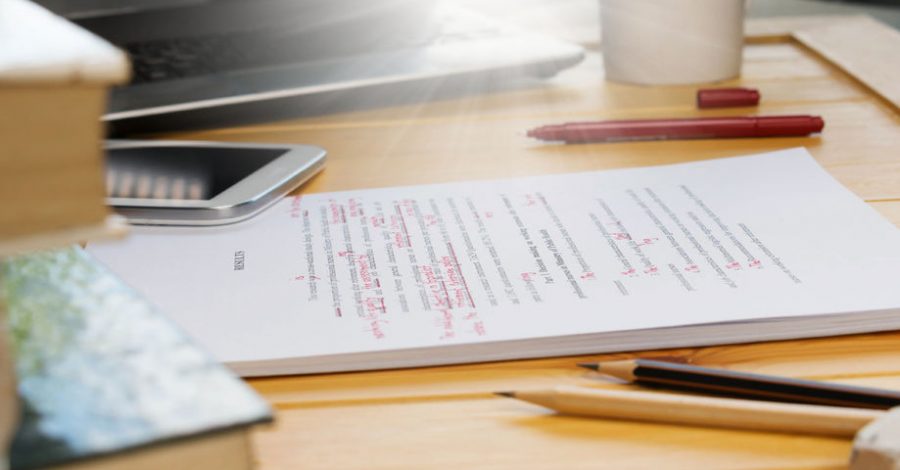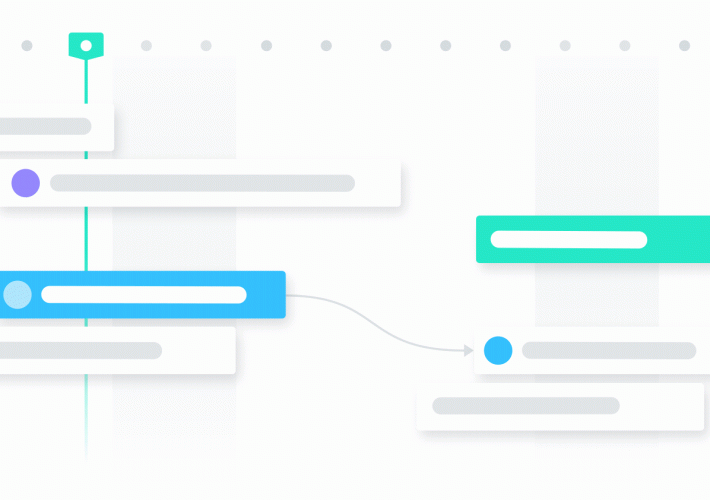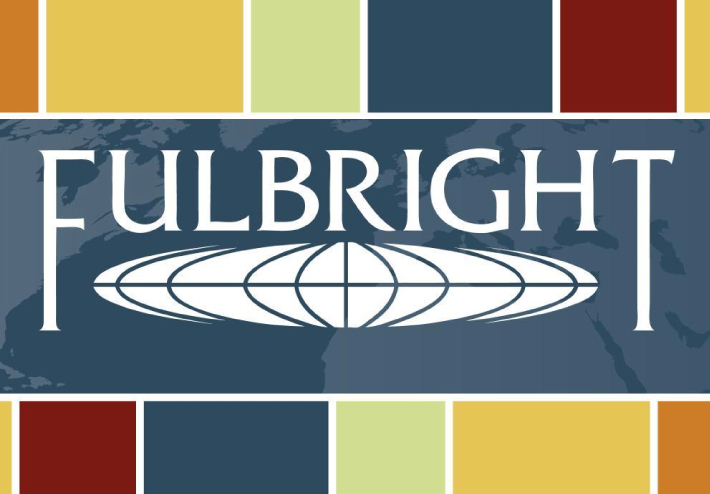Personal statement is a very important and an extremely integral part of the whole Fulbright Application. So instead of dilly-dallying around, let us get straight into it. I am going to start with the ideal structure of the personal statement and then move on to why a personal statement is important as well as how it helps your application. Lastly, I will mention the key elements that should be included in the personal statement in the words of wise men and then I will have a sample personal statement that you can download to use as a reference.
- Introduction:
Start with an injection of personal information focused on growth that links you and your whole life to the decision you have made to undertake further education in the field of your choice. In the sample that is attached, you will find that the question asking for the personal statement in the Fulbright application is framed in a very open way and clearly shows what the answer needs to include. Keep that in check at all times.
- Section one: Academics
Talk about your previous academic experience and again, it is very important to link it to the degree/course/subject you are applying for. It all needs to relate. Remember to not limit your answer to any one university/course/subject. Give a holistic view of things and keep in mind the bigger picture.
- Section two: interest in and engagement with your subject beyond the classroom
You will have to describe your interest in the subject through real life dynamic examples of what you have been doing so far. It is important to realize that the point you are trying to make is that this scholarship is the next logical step for you.
- Section three: relevant work experience
Mention work (paid or unpaid) that has developed either your understanding of the subject, or the skills that applicants should have. If you went through my blog post on the steps to do before filling in your Fulbright Scholarship application, you might have read the whole section on research. If not, then read it here. Use that research to tie in your work experience with the courses you are about to undertake to make it all more relevant.
- Section four: hobbies and interests
For this section, be very brief. In three to four lines, you should shed light on your overall person and be sure to stick to relevant material.
- Section five: conclusion
Provide a clear and succinct but brief idea of what you have planned for your future and what you intend to do after our studies. Also mention how this qualification will make you better at what you aspire to do. Try to give it a global perspective if you can.
Why is your personal statement important:
- It is important because it can distinguish you from other candidates. It is a qualitative measure and you are placed against another candidate with exactly your quantifiable score, your personal statement will help you stand out.
- Your personal statement will provide a direction for your interview and in some ways, you can actually mould the direction your interview takes by framing an intriguing yet inspiring personal statements.
What should be included in your personal statement:
The following sentences encapsulate some bits of advice from experts around the world as to what should be included in your personal statement. Remember that one personal statement cannot serve two people. So while you may look at other personal statements for reference, keep two things in mind: never plagiarize, and know that your own story is just as strong and just as powerful.
- “Be specific from line one – be the boss. Tell them why you want what you want”.
- “Keep on topic and show that you’ve really done your research and know why you want to do the course”.
- “If I have to read about Freakonomicsonce more, I’ll scream!” – meaning thereby that you should refrain from stating things others have already said before. Do not re-state.
- “It doesn’t have to be anything fancy”!
- “Reflect on your experience, don’t just describe it. Talk about the skills the profession needs, how you’ve noticed this and how you’ve developed those skills yourself” – more importantly talk about growth and transferable knowledge.
- “Whatever environment you’ve been in, what did you spot or learn from what happens there, or what have you observed about how the qualities exhibited by professional staff helped them engage effectively with patients or service-users”?
- “Just saying you want to be a journalist isn’t exactly going to stand you out from the crowd” – there will be many in your field so what do you have to say that makes you different? Why should they choose you?
Lastly, to download the sample personal statement, please click here: Personal Statement – Fulbright
For more posts on Fulbright, the GRE and other related yet nerdy stuff, please do subscribe to the blog so that you do not miss an article that might help you out. All the best candidates. I hope this helps. God speed!






Leave a Comment